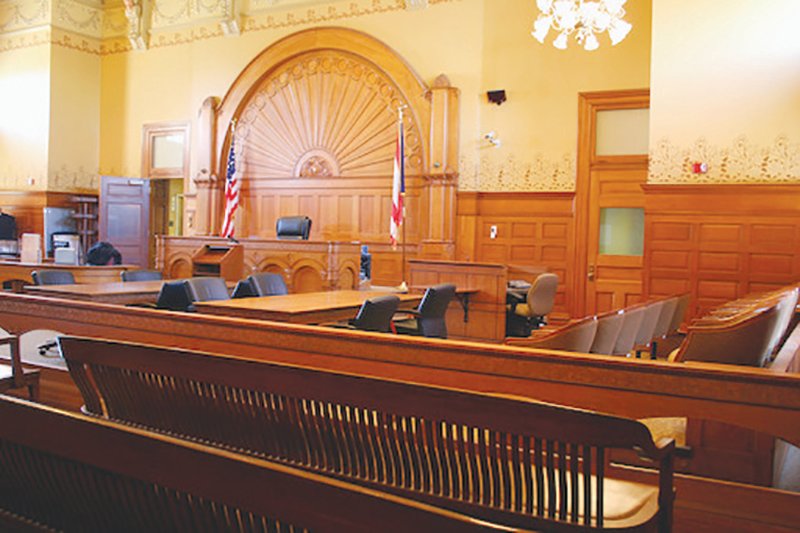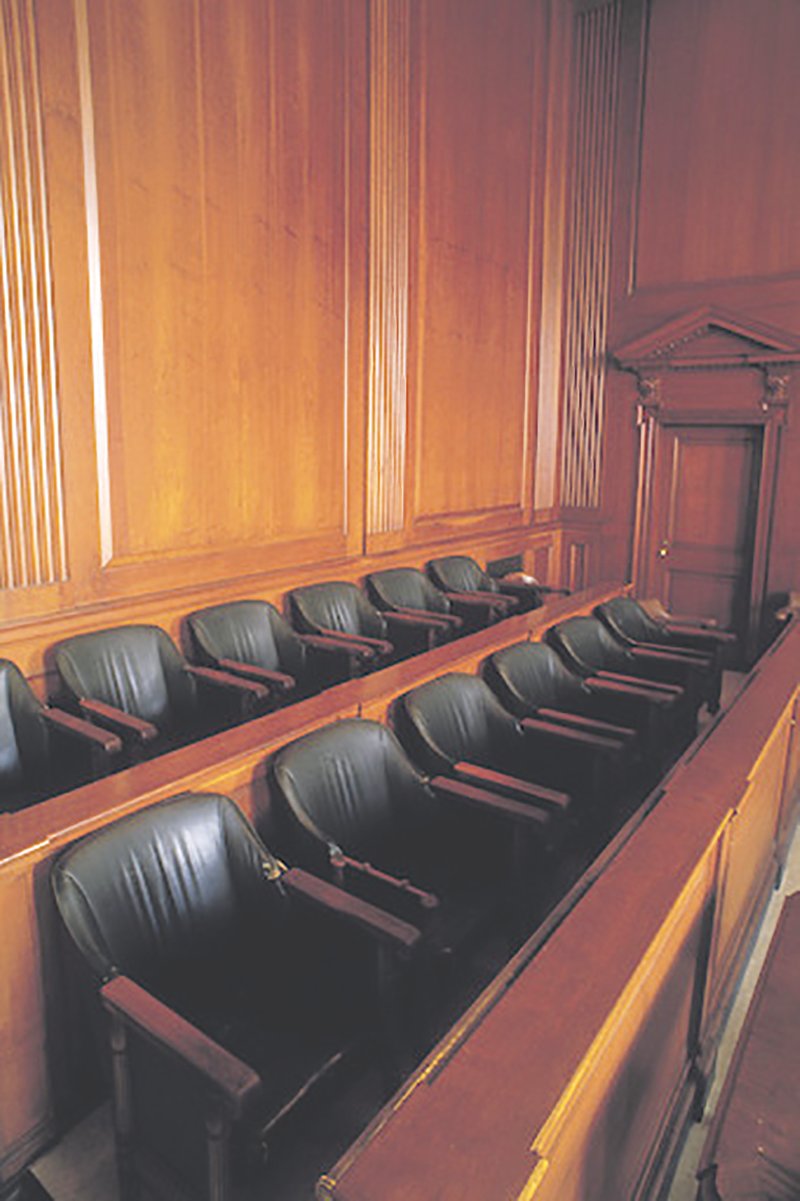As COVID-19 continues to grow, so does the backlog in court cases
GREEN COVE SPRINGS – Michael Renard Jackson has been waiting for more than eight years for a new trial after the Florida Supreme Court threw out his conviction – and death penalty sentence – …
This item is available in full to subscribers.
Attention subscribers
To continue reading, you will need to either log in to your subscriber account, or purchase a new subscription.
If you are a current print subscriber, you can set up a free website account and connect your subscription to it by clicking here.
If you are a digital subscriber with an active, online-only subscription then you already have an account here. Just reset your password if you've not yet logged in to your account on this new site.
Otherwise, click here to view your options for subscribing.
Please log in to continueDon't have an ID?Print subscribersIf you're a print subscriber, but do not yet have an online account, click here to create one. Non-subscribersClick here to see your options for subscribing. Single day passYou also have the option of purchasing 24 hours of access, for $1.00. Click here to purchase a single day pass. |
As COVID-19 continues to grow, so does the backlog in court cases
GREEN COVE SPRINGS – Michael Renard Jackson has been waiting for more than eight years for a new trial after the Florida Supreme Court threw out his conviction – and death penalty sentence – for the rape and murder of a Middleburg woman at a Wells Road veterinary clinic.
Most of the delays – at least 66 of them – have been the result of court scheduling and legal maneuvering. But like others, he’s now waiting for the threat of COVID-19 to subside and for trials to resume at the Clay County Courthouse.
Not only have jury trials been stopped in response to the pandemic, but clerks of court and judges are having a difficult time finding enough jurors willing to respond to jury summons.
Jury trials in Clay County stopped last March, shortly after the county reported its first death of the deadly virus.
Jackson was supposed to be retried earlier this year after the court determined a Clay County Sheriff’s Office deputy made prejudicial comments on the witness stand during his original trial in 2010.
When trials resume, the state still intends to seek the death penalty.
In addition to jury trials, there have been issues seating Grand Juries that hear evidence and decide whether to issue indictments. Clay County officials hoped to seat a new jury earlier this month for a new six-month term, but 160 of 400 respondents were excused in advance for a variety of reasons. Of the remaining 240, only 14 appeared for service as ordered, which forced a judge to cancel the next jury.
“We were disappointed in the turn-out, certainly,” said Tara Green, Clerk of the Circuit Court. “It does, however, serve as an indicator of the level of concern that may remain in our population. Our team will continue to partner with the judiciary and with county leadership to provide the best venue possible to conduct safe court proceedings.
“The right to a fair trial by a jury of our peers is the cornerstone of the U.S. Constitution’s Sixth Amendment. Every citizen should take their jury summons seriously and respond in good faith if no valid excuse applies.”
According to Green’s office: “We are waiting for new directions from Chief Administrative Judge Don Lester on how he would like to proceed with new summons and when. Discussions are under way regarding how best to improve turnout. All recommended/required staffing, sanitizing, social distancing, and face mask requirements were in place last week and will be again when jury summons is re-sent.”
Meanwhile, court dockets continue to swell with backlogged cases. Minor charges sometimes are resolved by web conference calls, but most felonies – including Jackson’s capital murder trail – remain on indefinite hold.
“What the real question boils down to are people willing to show up to that court and sit in a jury trial? said Bill Raftery, a senior analyst with the National Center for State Courts, told the Insurance Journal. “Many courts have been responsive to jurors who have said that they’re not comfortable with coming to court and doing jury duty and therefore offering deferrals simply because of concerns over COVID.”
Courts this month in Connecticut, New York and New Jersey and courts in Denver, suspended all jury trials because of rising virus rates. On Dec. 19, federal officials announced two dozen U.S. district courts have suspended jury trials and grand jury proceedings because of positive cases of COVID-19 and too few people showing up for jury duty.
For now, web conferences have become the most-popular option to determine guilt and innocence. But many criminal lawyers don’t like video conferences because it’s difficult to determine a witness’ credibility or if jurors are paying attention, said Christopher Adams, the president of the National Association of Criminal Defense Lawyers.
Meanwhile, Jackson’s next status hearing is scheduled for Feb. 2 – virus permitting.











